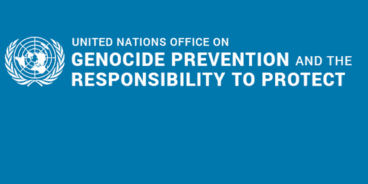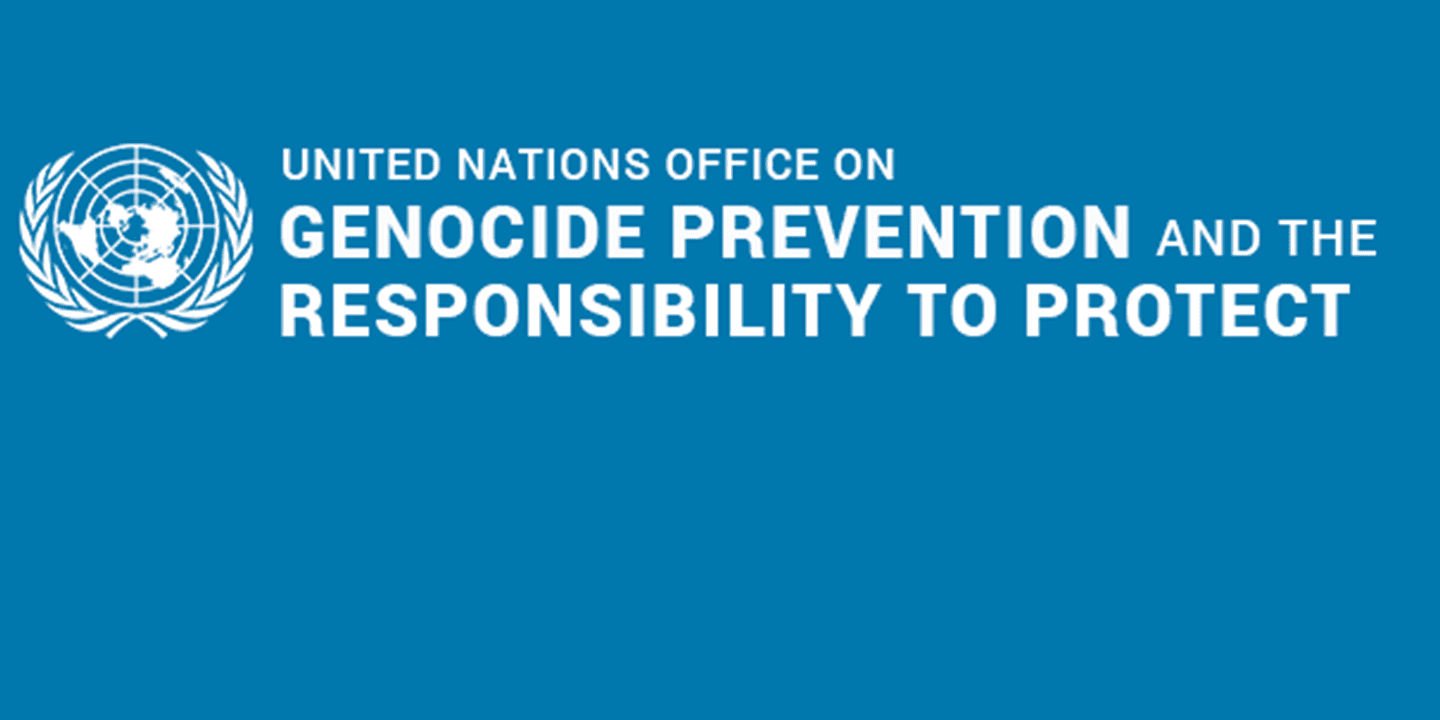

UN Special Adviser on the Prevention of Genocide welcomes the arrest of Fulgence Kayishema in South Africa
The United Nations Special Adviser on the Prevention of Genocide, Alice Wairimu Nderitu has welcomed the arrest, in Paarl, South Africa, of Fulgence Kayishema – one of the world’s most wanted suspects of Genocide Against the Tutsi in Rwanda. Fulgence Kayishema was arrested in a joint operation by the International Residual Mechanism for Criminal Tribunals (IRMCT) Office of the Prosecutor (OTP) Fugitive Tracking Team and South African authorities.
“I welcome the news of this arrest as, I am sure, will survivors and families of victims of the 1994 Genocide Against the Tutsi in Rwanda,” said Special Adviser Nderitu in reaction to the news of Fulgence Kayishema’s arrest.
Kayishema is alleged to have orchestrated the killing of approximately 2000 Tutsi refugees – women, men, children, and elderly – at the Nyange Catholic Church during the 1994 Genocide against the Tutsi in Rwanda. He was subsequently indicted by the United Nations International Criminal Tribunal for Rwanda (ICTR) in 2001 and charged with genocide, complicity in genocide, conspiracy to commit genocide, and crimes against humanity for killings and other crimes committed in Kivumu Commune, Kibuye Prefecture during the 1994 Genocide against the Tutsi in Rwanda.
He has been a fugitive for more than twenty years.
“Holding perpetrators accountable for their action is an essential step towards progress in a postgenocidal context,” said the Special Adviser, expressing her solidarity with the victims of Fulgence Kayishema’s alleged crimes and the victims of other serious international crimes and their families.
The Special Adviser noted that impunity destroys the social fabric of societies and perpetuates mistrust among communities or towards the State, consequently creating conditions that undermine a lasting peace.
“When perpetrators of past atrocities are not held accountable for their action, we are likely doomed to see history repeat itself,” the Special Adviser noted, underlining the need to end impunity.
“Accountability serves not only as a deterrent for future crimes but it also helps advance reconciliation and the healing of societies from the trauma of genocide and other atrocities. It also contributes to ensuring respect for the dignity of the victims and their families. I call on all the remaining fugitives of the Genocide Against the Tutsi in Rwanda to surrender themselves for justice to be served,” she added.
Related Content

